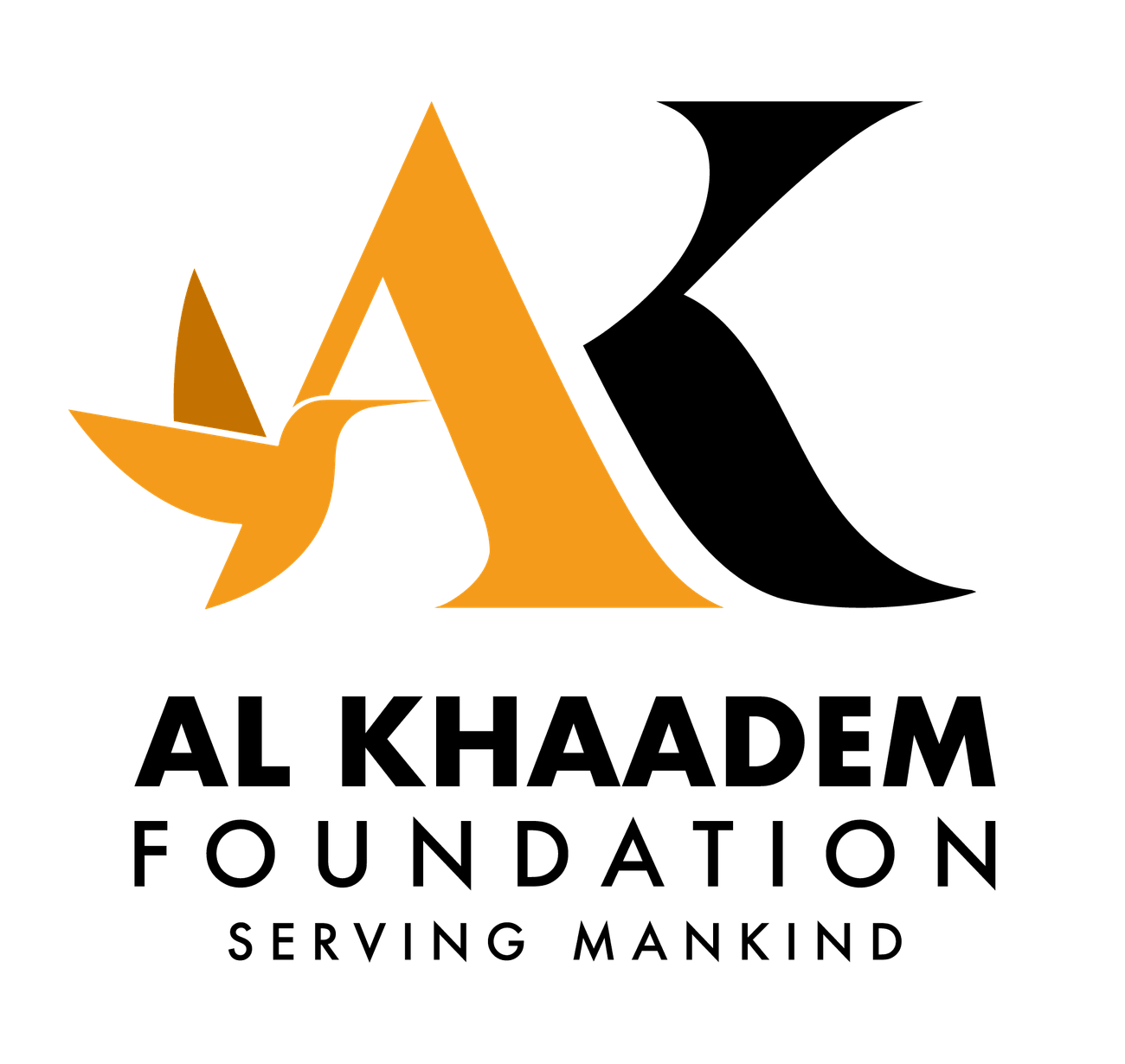
Q&A
What is religion?
Religion is about the dos and the don’ts. Nobody can say they want to free themselves from rules. There are rules that guide every aspect of our lives – at work, at school, as a citizen or visitor to a country.
The difference is whether these rules are man-made or Divine. Man-made rules can change as humans are not perfect. Divine laws remain unchanged and unaltered: one law for all, an no one is above the law.
As Muslims, we believe that Islam is the true guidance and a Divine law; not a man-made law.
What is Islam?
Islam guides everyone to attain peace and harmony in this World and the next. God the Almighty who created every one of us left us with clear guidance on how to attain a fulfilled life.
Every aspect of the Muslim life has been detailed, both in the Qur’an, and by the examples of the Prophet Muhammad (peace and blessings be upon him), the last Messenger of Allah.
From what to do when we are born to how to organise the deceased, and every facet of our lives in between – how we treat our family/neighbours/the environment, how we do business, how we eat/drink/ dress, hygiene etiquette, how to handle the poor, how to talk to the elders, ways to bring up children – these are all explained in detail that leaves nothing unclear. Hence, Islam is a complete way of life.
What’s the difference between the word “Islam” and “Muslim”?
Islam is the name of a religion. Muslims are the followers of Islam.
Does becoming a Muslim mean I am a Malay/Arab?
Islam is a religion. A Malay or Arab is a race.
Islam does not belong to any race. Islam is for all mankind.
If you are a Chinese, you remain a Chinese after shahadah. Islam does not change a person’s race. Only you have chosen Islam as your belief.
Answers to Frequently Asked Questions About Islam
Al Khaadem has been delivering educational presentations about Muslims and their faith for over two decades. The following are answers to some of the most common questions that Al Khaadem across the globe have encountered during that time. While many of the answers address issues relating to creed or issues that are well established because of a clear citation in the Qur’an or Hadith (prophetic sayings)—such as the six major beliefs or the Five Pillars—others focus on areas that are more open to interpretation. These answers reflect the fact that Islamic teachings are the product of a dynamic conversation among Muslim scholars and between the scholars and the laity who apply their best understanding of the primary sources of Islam rather than a fixed set of laws and regulations.
This points to the fact that Islam, like all religions, does not live or speak apart from the people who practice it. There is, therefore, no monolithic Islam, since, like any other religion, Islam exists only as it is understood and practised by its adherents.
We start from five basic principles that ING subscribes to as basic to our vision of Islam in America. These are fundamental values shared by most of the world’s major religious traditions today:
- We affirm and uphold the sanctity of all human life, the taking of which is among the gravest of all sins.
- We affirm the right to freedom of thought, religion, conscience, and expression.
- We affirm the right to security in one’s livelihood, profession, and residence.
- We believe that God created us all with the diversity of race, religion, language, and belief to get to know one another, respect one another, and uphold our collective human dignity.
- We believe that Islam is above all a religion of peace and mercy and that as Muslims we are obligated to model those traits in our lives and characters and to work for the good of our homeland and society, wherever that might be.
Call for Support
If you can’t find any info that you have been looking for on this site or just want to reach out, feel free to contact us by either mail or by just dialling in!

